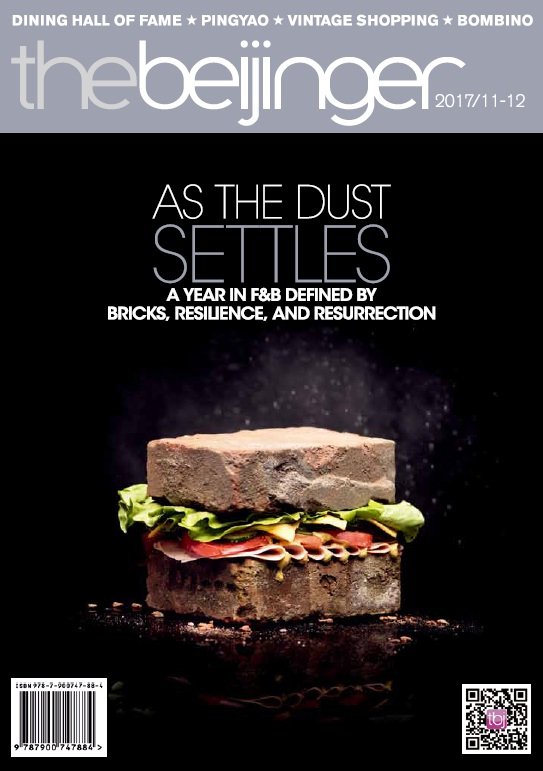Jun Trinh of 4corners and Gireesh Chaudhury of Punjabi Enter Dining Hall of Fame
This year’s Dining Hall of Fame inductees are towering restaurateurs, known not only for the delectable cuisine of their venues but also their charismatic, dynamic personalities. They both brought exotic fare from another region to Beijing, and they have also worked to make their restaurants into cultural hubs for likeminded throngs to gather.
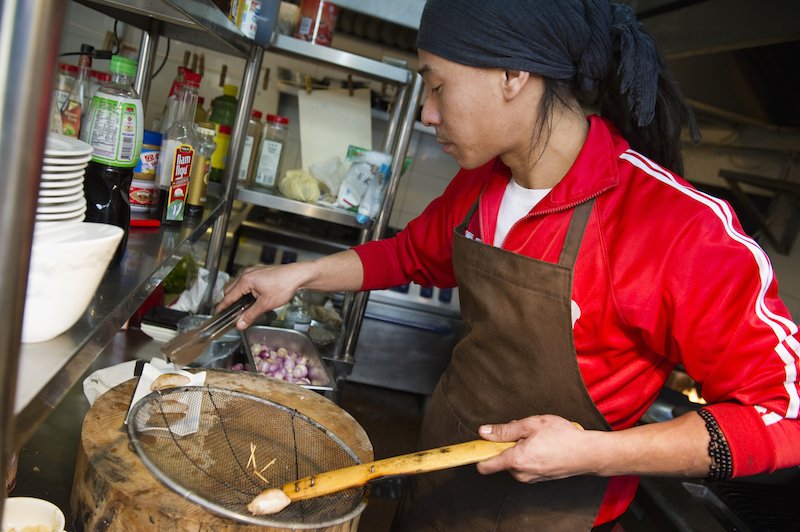
In terms of a space for events, 4corners’ Jun Trinh is well ahead of his fellow 2017 Dining Hall of Fame inductee Gireesh Chaudhury of Punjabi. Indeed Trinh, a Canadian of Vietnamese descent, has worked to make his long-running hutong venue not only a destination for pub grub with innovative twists and fusion Southeast Asian fare, but also a haven for live music, pub quizzes, and comedy. And yet Chaudhury should be lauded for his ambitious plans to make Punjabi not only a hub for authentic Indian food, but also a cultural center offering official yoga and dance classes as part of a collaboration between the Chinese and Indian governments.
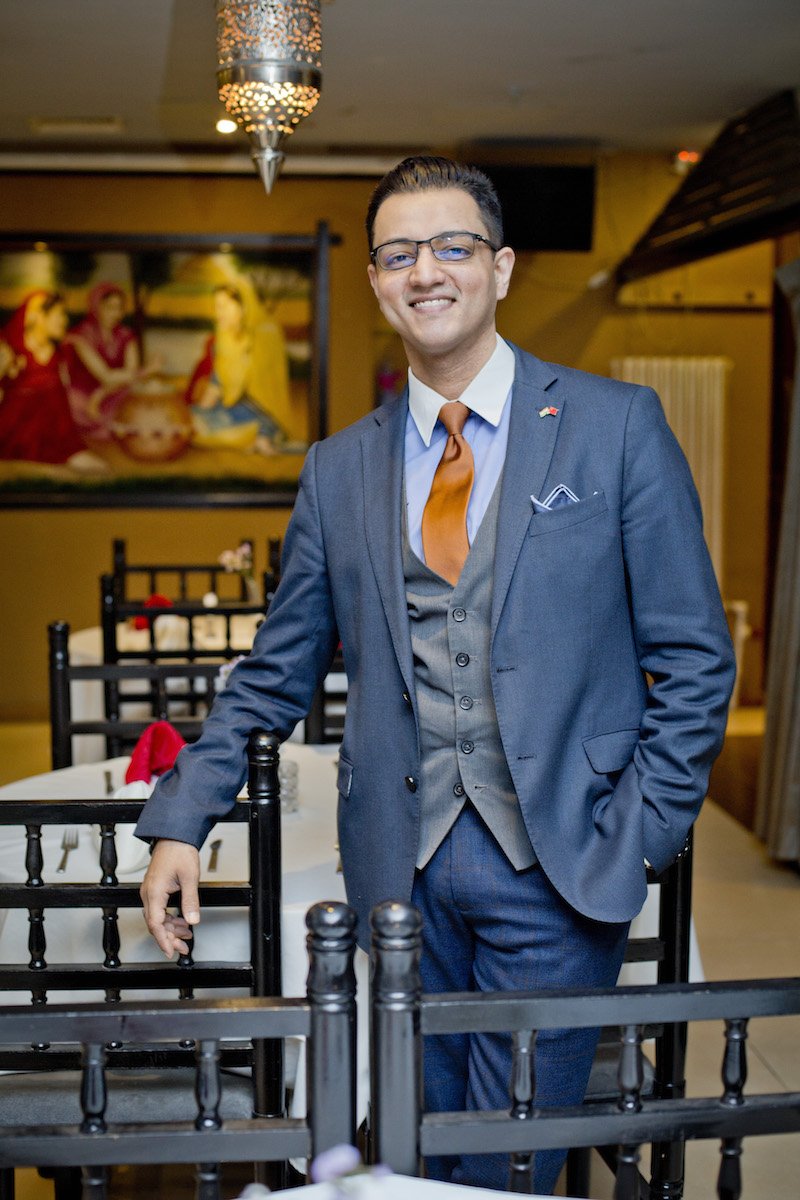
Joining the company of these elite insiders that voted them in, prompted Trinh and Chaudhury to think back on the feats they’ve achieved in Beijing’s ever-tumultuous restaurant scene.
Trinh tells the Beijinger he and his partner at 4corners, Tavey Lean, “were the first to do a lot of things in this city. From opening the first Western restaurant bar deep in the hutongs, offering the first big band experiences in the city, unique parties and dining experiences, supporting local crafters, musicians, and martial artists and offering a platform for them to showcase.”
Before all that, he was the head chef at Lugas Pho Pho in the early 2010s, before gaining a name for himself on his own, not just through 4corners, but also starring in the Chinese travel show Who Will Lend Me a Kitchen?
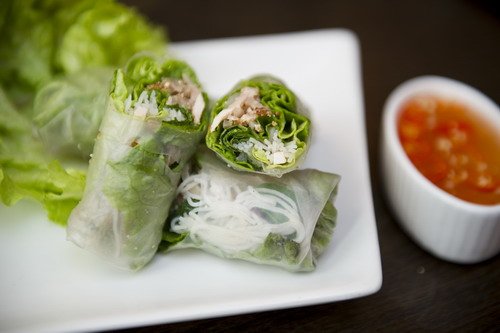
Chaudhury is also a culinary pioneer worthy of the documentary treatment. CCTV did just that a few years back, dedicating a segment of their Laowai Not series to the Punjabi proprietor. In the clip, he reminisced about being invited to China in the summers by his father, who owned factories on the Chinese mainland. He found himself swept up in the exotic flair and fast pace of China at the turn of the century, and it didn’t take long for him to be tempted to pursue opportunities here, first at a small Indian joint in Zhejiang run by a Chinese owner looking to sell. From there, Chaudhury opened branches across the country. Chinese clientele in the capital especially charmed Chaudhury with their curiosity, recognizing the curry and some other fare, but being shocked by how Indians eat without cutlery. “It’s about breaking the mindset, about education,” he said in the clip, a sentiment that clearly persists through his plans for the forthcoming cultural center.
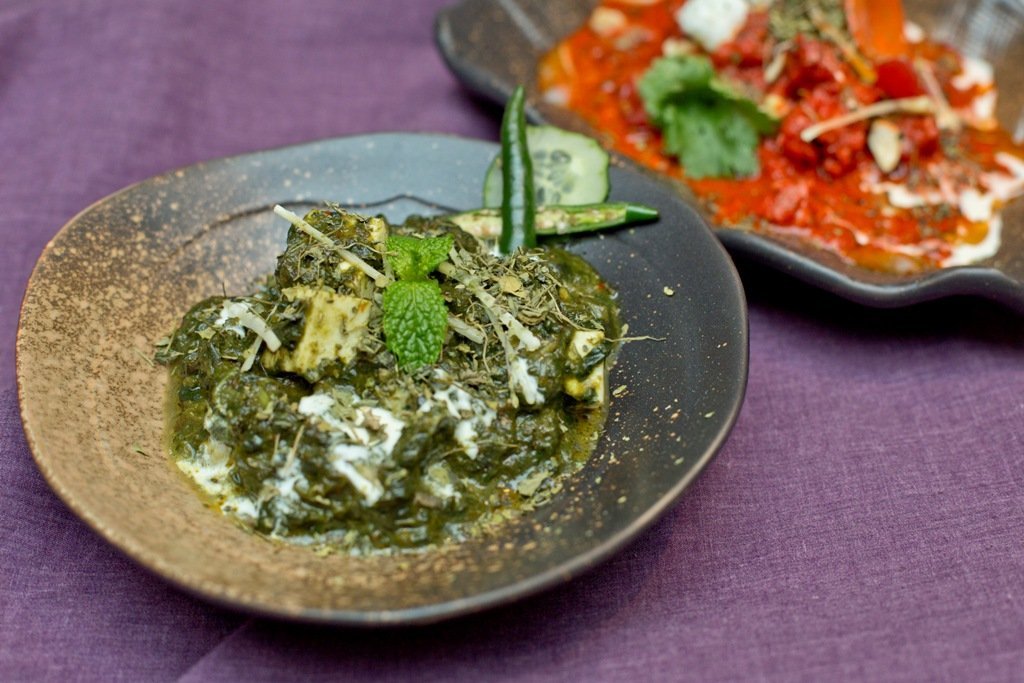
Chaudhury’s success can also no doubt be attributed to, as one tbj reviewer put it, an avoidance of “cut-and-paste Indian dishes like chicken tikka masala” in favor of “light, modern Indian cuisine” like barbecue king prawns, samosa burgers, and more. When asked about his proudest achievements, however, Chaudhury slyly asked: “Does downing a hundred shots of Jägermeister over the years count?” Yes, that down-to-earth, tongue-in-cheek nature is every bit as much a hallmark of Beijing’s biggest restaurant personalities as their creativity and culinary innovation.
This article first appeared in the Nov/Dec 2017 issue of the Beijinger.
Read the issue via Issuu online here, or access it as a PDF here.
More stories by this author here.
Email: kylemullin@truerun.com
Twitter: @MulKyle
Instagram: mullin.kyle
Photos: the Beijinger, Judy Zhou, Uni You


